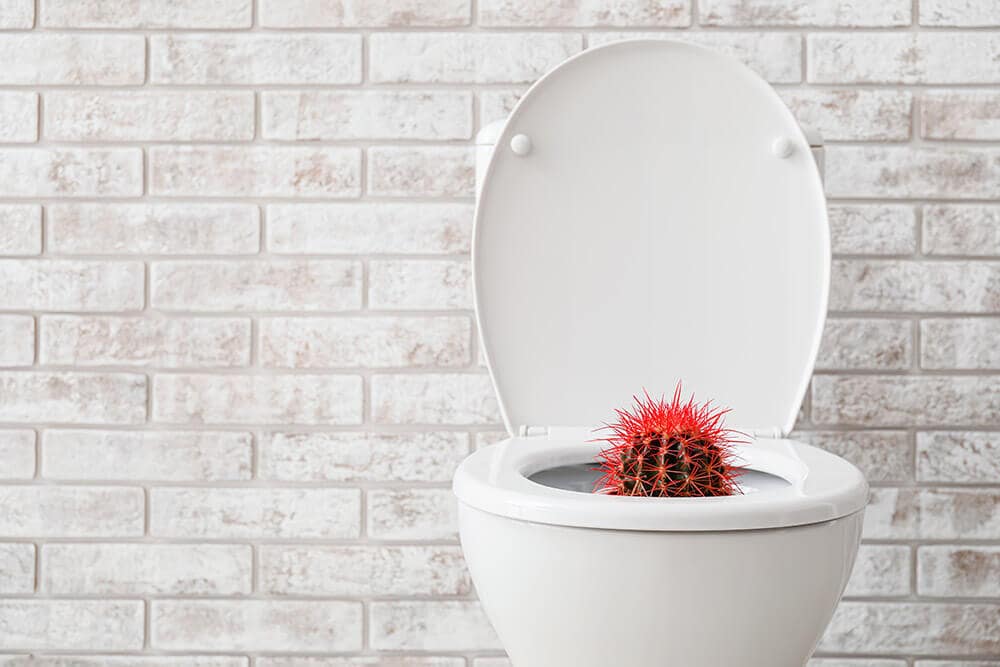Expert Treatment for Perianal Fistula by Dr. Bharat Pothuri
Dr. Pothuri uses a step-by-step approach:
Medical History and Exam
He reviews your history of anal infections, prior surgeries or injuries, and checks for conditions like Crohn's disease.
Physical Examination
He inspects the skin around the anus for any external openings, swelling, or signs of draining.
Imaging Studies
- Pelvic MRI -maps the full course of the fistula tract and identifies any abscesses.
- Endoanal Ultrasound -provides detailed views of the sphincter muscles and hidden tunnels.
Colonoscopy (If Indicated)
Performed when inflammatory bowel disease is suspected, to evaluate for Crohn's or other colonic conditions.
Frequently Asked Questions
What is a perianal fistula?
A perianal fistula is a small tunnel between the anal canal and the skin near the anus, most often forming after an infected anal gland drains to the surface.
What causes a perianal fistula?
Most fistulas start from an infection in an anal gland. Other risk factors include Crohn's disease, prior anal surgery or injury, tuberculosis, diverticulitis, smoking, and diabetes.
How long is recovery after treatment?
Healing typically takes four to six weeks, though recovery time varies based on fistula complexity and the chosen procedure.
Can a perianal fistula be treated if I have Crohn's disease?
Yes. Dr. Pothuri combines medical therapies (antibiotics, biologics) with minimally invasive procedures to address Crohn's-related fistulas.
When should I see a doctor about symptoms?
If you have persistent pain, swelling, redness, or discharge near the anus-or a history of recurring abscesses-seek medical evaluation promptly.
Is treatment painful?
Most patients experience only mild discomfort, managed with pain medication. Modern techniques like laser surgery and the LIFT procedure minimize pain and speed recovery.












